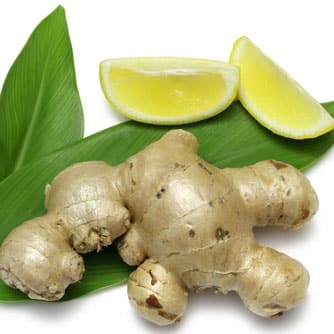The ginger plant (Zingiber officinale) is most commonly harvested for its root (rhizome), which is a rich source of unique antioxidants such as gingerols, shogaols, and zingerones. Prasanthi Karna, from Georgia State University (Georgia, USA), and colleagues prepared a ginger extract from whole ginger, and fed it to mice at a dose of 100 mg per kg of body weight. The team observed that the extract inhibited the progression of prostate cancer grafts on the lab animals by 56%. Further analysis revealed that the ginger extract inhibited the growth of prostate cancer cells while increasing prostate cancer cell death. In tests involving human cells, the researchers observed that ginger interfered with the ability for prostate tumor cells to spread. Noting that: “[ginger extract] did not exert any detectable toxicity,” the team submits that: “this is the first report to demonstrate the in vitro and in vivo anticancer activity of whole [ginger extract] for the management of prostate cancer.”
Ginger Compound Affects Prostate Cancer
Prasanthi Karna, Sharmeen Chagani, Sushma R. Gundala, Padmashree C. G. Rida, Ghazia Asif, Vibhuti Sharma, et al. “Benefits of whole ginger extract in prostate cancer.” British Journal of Nutrition, 18 August 2011.
RELATED ARTICLES




